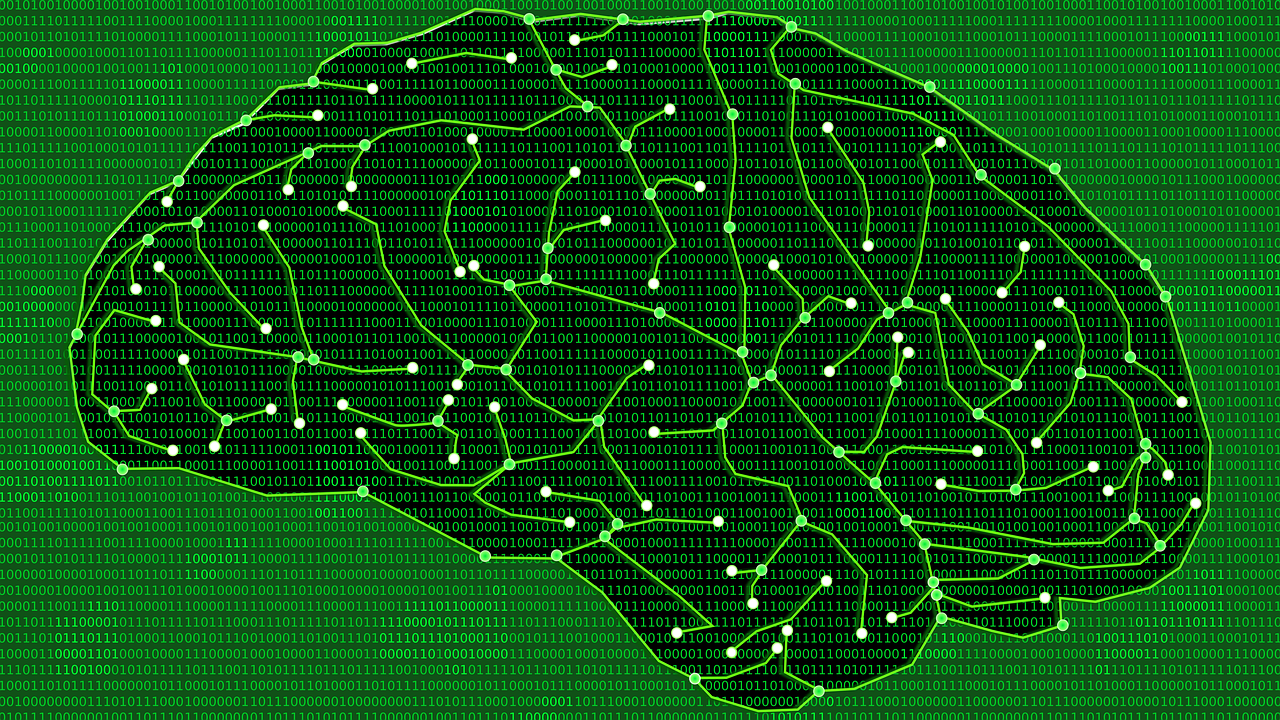Aspirants do whatever it takes to pass NEET, National Eligibility cum Entrance Test, one of the most coveted national level medical entrance exams, in order to get into medical school. Many candidates who are taking the NEET examination prefer to take coaching classes to improve their scores. Unfortunately, most students fail to make gains from their investments. Students often are unable to reach their full potential because of large class sizes and little to no personal attention.
In this article, we explore the benefits and opportunities that AI-based NEET preparation can provide students, as well as the online alternatives for coaching.

Also Read : Pros and Cons of Dropping a Year for NEET Preparation
Benefits of AI-Based Online Coaching For Students
Right from healthcare to e-commerce, Artificial Intelligence (AI) is a common topic of conversation. However, the adoption of AI in education has been slow. AI in education can enhance the learning process significantly. It enhances the process of education for students by improving their interaction with teachers, providing them with access to the correct course, and giving them time for other activities.
In order to accomplish their set goals, like cracking NEET, students need to grasp as much useful information as possible in the shortest period.
In order to improve the education process for a student, artificial intelligence can do the following:
Give students access to the right courses.
Improve communication with teachers.
Allow more time for other aspects of life.
The following are some of the advantages of Artificial Intelligence in preparing for competitive examinations like NEET.
Personalisation
In the digital age, students can now tailor learning programs to their unique experiences and preferences with the use of artificial intelligence. AI can adapt to a student's level of knowledge, speed of learning, and desired goals to help them get the most out of their education. Additionally, AI-powered learning solutions analyse the students’ learning histories, identify their weaknesses, and provide them with courses to help students improve further.
Effective Group Formation
AI can analyse the learning patterns of several candidates and create groups with students having different strengths and weaknesses. The individuals in these groups can balance the weaknesses of one learner with the strengths of others.
Problem-Solving via Collaboration
AI can group people with similar strengths and weaknesses together to solve particular kinds of problems more effectively and efficiently.
Analysis for Better Strategies
Analysis of the data comprising teaching as well as learning patterns using AI techniques such as machine learning can help educators come up with better strategies and be more efficient in the classroom.
Problem Solving in Real-Time
AI can assist teachers in real-time while teaching students. AI can chip in during the class with solutions to different problems and reduce the pressure on teachers.
Prediction & Scheduling
To propose the most efficient study schedule for students, AI can learn their habits. Customer service agents, medical interns, and anyone who does repetitive or labour-intensive tasks will benefit from this; machines won't become bored, tired or need breaks, and should they encounter problems or questions outside of their programming, a human will be contacted to assist.
Custom Textbooks
With AI, educators can import a syllabus and the textbook will be filled with the necessary core content (CTI). This allows for a great deal of customisation, not only from class to class but also within the school year itself.
Tutoring
Even though it is common for students to need extra help outside the classroom, many teachers do not have time to help students after school. AI tutors and chatbots are the perfect solutions in such situations. While no chatbot can replace a teacher, AI tools can help students improve their skills outside the classroom by sharpening them. Without the teacher being available at all hours, they provide a one-on-one learning experience. Students’ questions can be answered by AI-powered chatbots in just 2.7 seconds.
Quick Responses
Teachers and faculty are often bombarded with repetitive questions daily, so asking a question only to have it answered three days later is frustrating. Through support automation and conversational intelligence, artificial intelligence can help students find answers to their questions in a matter of a few seconds. In addition to saving educators a lot of time, this also allows students to spend less time trying to locate answers or waiting for answers.
Universal 24x7 Access to Learning
Students from all over the world can receive a high-quality education without incurring travel and living costs. In addition to 24/7 access, AI-powered tools enable students to explore what works for them without waiting on an educator. Each student learns at their own pace, and students can explore at their own pace.
Conclusion
E-books and fully-remote lectures are just two examples of the advances in ed-tech. The use of artificial intelligence today helps students and teachers optimise their learning and teaching processes. We will see improved learning outcomes for students and educators as the AI industry expands and innovation is at the forefront. In competitive examinations like NEET and JEE, candidates can benefit greatly from AI and enhance their chances of success.








